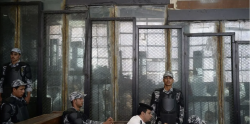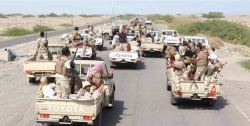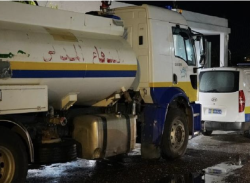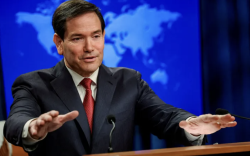Mozambique: Why IS is so hard to defeat in Mozambique
- 2021-04-01 06:17:50


 Pierre Rayer: Art, Science, and Happiness: The Universal Mission of Transmission to Future Generations through Patronage at the Louvre Abu Dhabi
Pierre Rayer: Art, Science, and Happiness: The Universal Mission of Transmission to Future Generations through Patronage at the Louvre Abu Dhabi Ahly crowned Super champions after dramatic extra-time win over Modern Future FC
Ahly crowned Super champions after dramatic extra-time win over Modern Future FC Yemeni Honey..A Development Wealth Threatened By Conflict And Climate Change
Yemeni Honey..A Development Wealth Threatened By Conflict And Climate Change California wildfires: Millions warned of possible power cut
California wildfires: Millions warned of possible power cut Central African rebels launch attacks near capital
Central African rebels launch attacks near capital Egyptian Court Sentences “Brotherhood Poet” to 15 Years in Prison
Egyptian Court Sentences “Brotherhood Poet” to 15 Years in Prison Seiyun Protesters Voice Support for Yemen’s STC
Seiyun Protesters Voice Support for Yemen’s STC Several Syrians drown attempting river crossing on Syria-Lebanon border
Several Syrians drown attempting river crossing on Syria-Lebanon border STC Seize Illegal Oil Refinery in Yemen's Hadramout Valley
STC Seize Illegal Oil Refinery in Yemen's Hadramout Valley Washington Welcomes Saudi and Emirati Support for Yemen’s Sovereignty, Regional Security
Washington Welcomes Saudi and Emirati Support for Yemen’s Sovereignty, Regional Security
